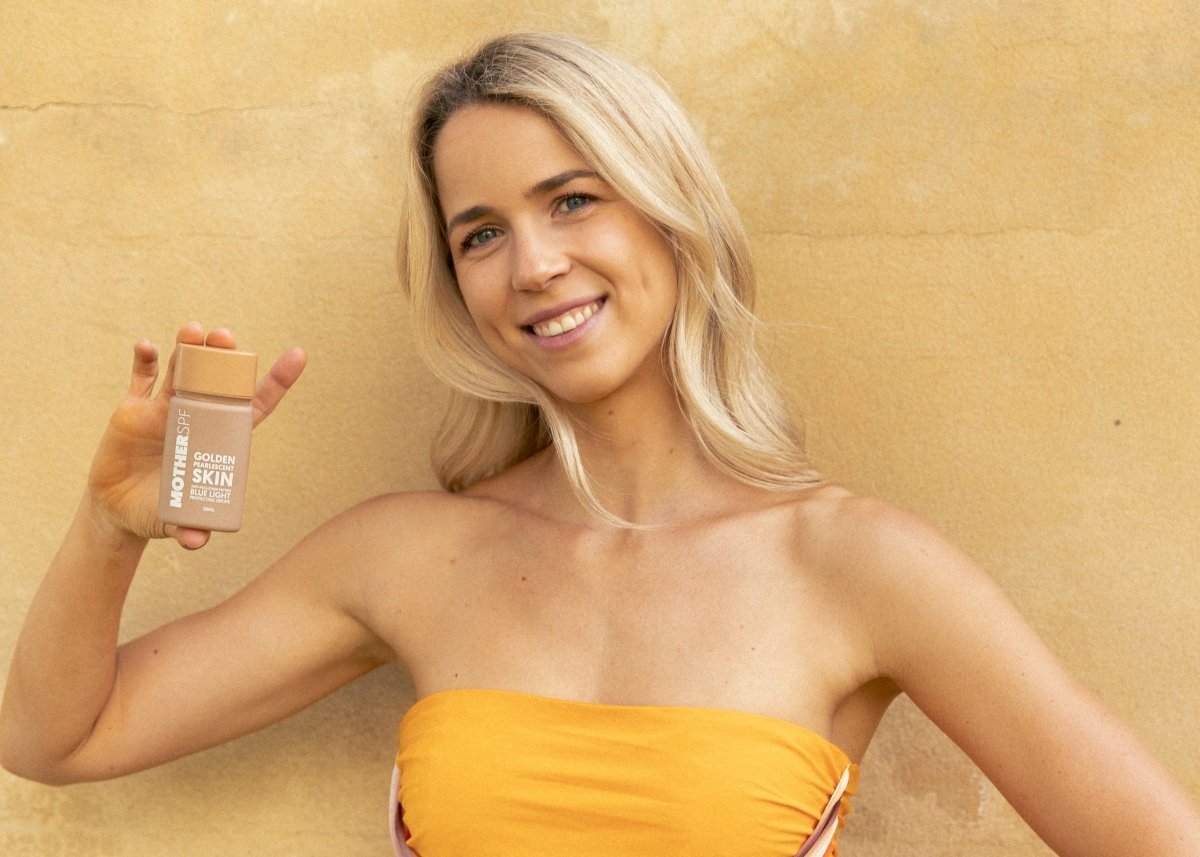Skin Stories | Dermatitis and Rosacea with Rose Bonasera

Rose Bonasera is the Director and Dermal Therapist at Elixir Skin Fitness, an integrative skin health clinic with over 20 years of experience in the professional skin health industry. Throughout her career, Rose has worked as an educator, dermal therapist, and alongside a leading Sydney plastic surgeon, before founding her own award-winning clinic.
With a special interest in inflammatory skin conditions, extrinsic and intrinsic ageing, and the connection between skin, gut, and internal health, Rose is passionate about educating clients on how to make informed lifestyle choices that positively impact their skin. Her holistic approach addresses not just the skin but also the gut microbiome, diet, and overall health to create tailored treatment plans that help clients feel and look their best.
What’s the difference between dermatitis and rosacea, and how can someone tell which they have?
Dermatitis is characterised by itchy, scaly, and inflamed skin that can appear anywhere on the face and body. It's associated with the overgrowth of Malassezia yeast. Rosacea, on the other hand, presents as diffused redness, inflammatory breakouts, raised bumps, and can even impact the eyes if left untreated. Rosacea is linked to the Demodex mite. A professional diagnosis is crucial to differentiate between the two.
What are the most common triggers for dermatitis and rosacea flare-ups?
Diet, skin care, gut health, immune system, hormones, lifestyle, and environmental factors are common triggers for both conditions. Understanding the inflammation and underlying drivers is key to managing them holistically.
How does sun exposure impact these conditions, and why is mineral SPF a better choice?
Sun exposure exacerbates both rosacea and dermatitis. UV rays, heat, and free radicals can inflame the skin, causing redness, dilated blood vessels, itchiness, and heat. Mineral SPF is ideal as it's skin-friendly, organic, breathable, and non-occlusive, helping to protect and support the skin barrier, which is compromised in both conditions. MOTHER SPF, is the perfect mineral SPF to ensure you are protected safely for the planet and your skin.
A good starting point is the Face & Body SPF 50 as it is an all in one option for the whole family.
What are some lifestyle changes that can help manage dermatitis and rosacea?
A holistic approach is vital, focusing on overall health, including diet, lifestyle, and internal support. Clients should address their gut microbiome, incorporate a suitable skincare routine, and receive in-clinic treatments to reduce inflammation and rebuild skin health.
What’s one thing you wish more people knew about treating these conditions?
Both conditions require a holistic approach. Treating just the skin topically is not enough. Internal health, gut microbiome balance, and lifestyle choices must also be addressed to achieve lasting improvements.
How do inflammatory responses trigger these conditions, and what calms them down?
Inflammatory responses triggered by environmental factors, diet, and gut health drive these conditions. Calming the inflammation involves using the right skincare, improving gut health, and following a treatment plan that addresses all triggers, including lifestyle and dietary factors.
Why do certain skin types react more aggressively to temperature changes, spicy foods, or alcohol?
Certain skin types have more sensitive capillary function or compromised skin barriers, which makes them more reactive to triggers like temperature changes, spicy foods, or alcohol. These factors can provoke inflammation and exacerbate conditions like rosacea and dermatitis.
How does compromised capillary function contribute to rosacea, and what treatments help strengthen them?
Compromised capillary function can cause dilated blood vessels, leading to redness and irritation in rosacea. Strengthening capillaries involves treatments that support skin barrier health, such as suitable skincare routines and professional treatments aimed at reducing inflammation and rebuilding the skin.
What are some common misconceptions people have about skin barrier health?
Many people think skin barrier issues are only about dryness or surface-level problems. However, compromised skin barriers are often linked to deeper internal factors like gut health, hormones, and lifestyle. Proper skin barrier care involves addressing all of these factors.
How do you approach treatment for clients struggling with skin barrier protection?
Treatment is holistic, addressing diet, lifestyle, internal health, and skin care routines. I focus on rebuilding the skin barrier through appropriate skincare and professional treatments, while also supporting clients' overall health, particularly gut health, to reduce inflammation.
What role does sun protection play in managing skin barrier issues?
Sun protection is crucial in managing skin barrier issues as UV exposure can cause further damage and inflammation. A daily sunscreen that is organic, breathable, and supportive of the skin barrier function is essential in protecting and maintaining skin health for conditions like rosacea and dermatitis.
We would recommend our Universal SPF 50 as it is a gentle, Non-Nano Zinc mineral sunscreen perfect for sensitive, rosacea, and dermatitis-prone skin.


Comments